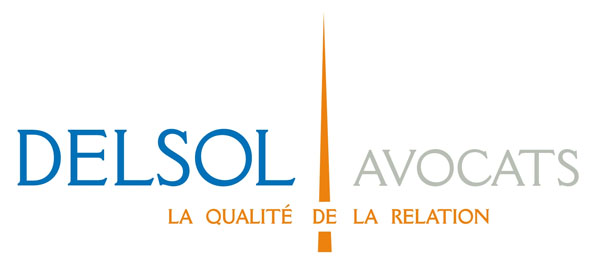Legal news
Electronic invoicing reform : many challenges to be anticipated
Over the past decade, European Member States and the European Commission have been pursuing thegoal of deploying electronic invoicing to facilitate business-to-business relations. France is leading and supporting these initiatives by implementing legal reforms and proposing mechanisms to facilitate this modernisation of exchanges.
A new e-invoicing system covers invoices for transactions between entities subject to VAT issued in electronic form and provides that the data they contain should be transmitted to the tax authority, in particular for the purpose of modernising the collection of value added tax and inspection methods.
The reform has four goals :
- To simplify business life and enhance competitiveness through the reduced administrative burden, reduced payment times and productivity gains resulting from dematerialisation. The adoption of electronic invoicing will represent a gain for the economy of at least €4.5bn ;
- To eventually simplify their VAT reporting obligations by pre-filling the declaration form. This will pave the way for a new offer of services from the tax authority, of particular benefit to smaller companies ;
- To improve fraud detection, in the interest of economic operators acting in good faith ;
- To improve real-time knowledge of business activity.
Scope of invoice dematerialisation
This new regulation will create two new requirements in particular :
- a notion of "e-invoicing" : obligation to transmit invoices in electronic format between professionals subject to VAT in France (BtoB domestic) ;
- a notion of "e-reporting" : obligation to transmit other invoicing data to the tax authorities (BtoC / BtoC no-domestic / Intra-community acquisitions / Payment/collection data).
Gradual application of the requirement
As from 1 July 2024, receipt of invoices in electronic format will be mandatory for all companies
regardless of their size once their supplier is required to issue invoices in electronic format.
To take account the capacity of companies to adapt their invoicing processes, the requirements for e-invoicing and e-reporting will be applied gradually, in three steps :
- from 1 July 2024 for large enterprises
- from 1 January 2025 for ETIs (ISEs).
- from 1 January 2026 for micro-enterprises and PMEs (SMEs).
The issues for companies
The challenges for companies are many, on a technical, organizational and legal standpoint.
To ensure that this change is correctly implemented, companies subject to VAT in France will have to at least (i) identify their needs, particularly in relation to current invoices, and (ii) choose an intermediary platform as of July 1, 2024, to at least receive invoices from their suppliers

